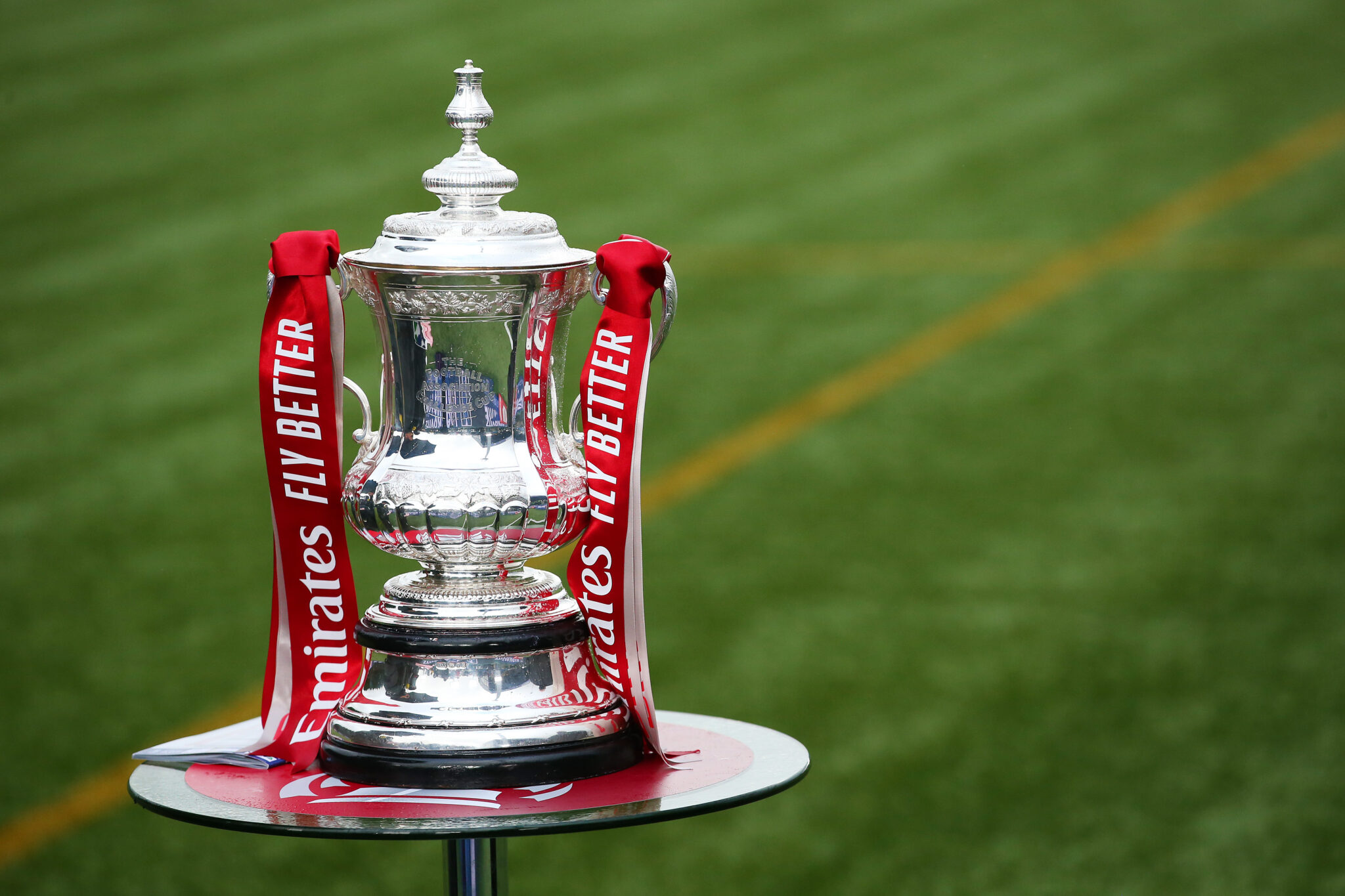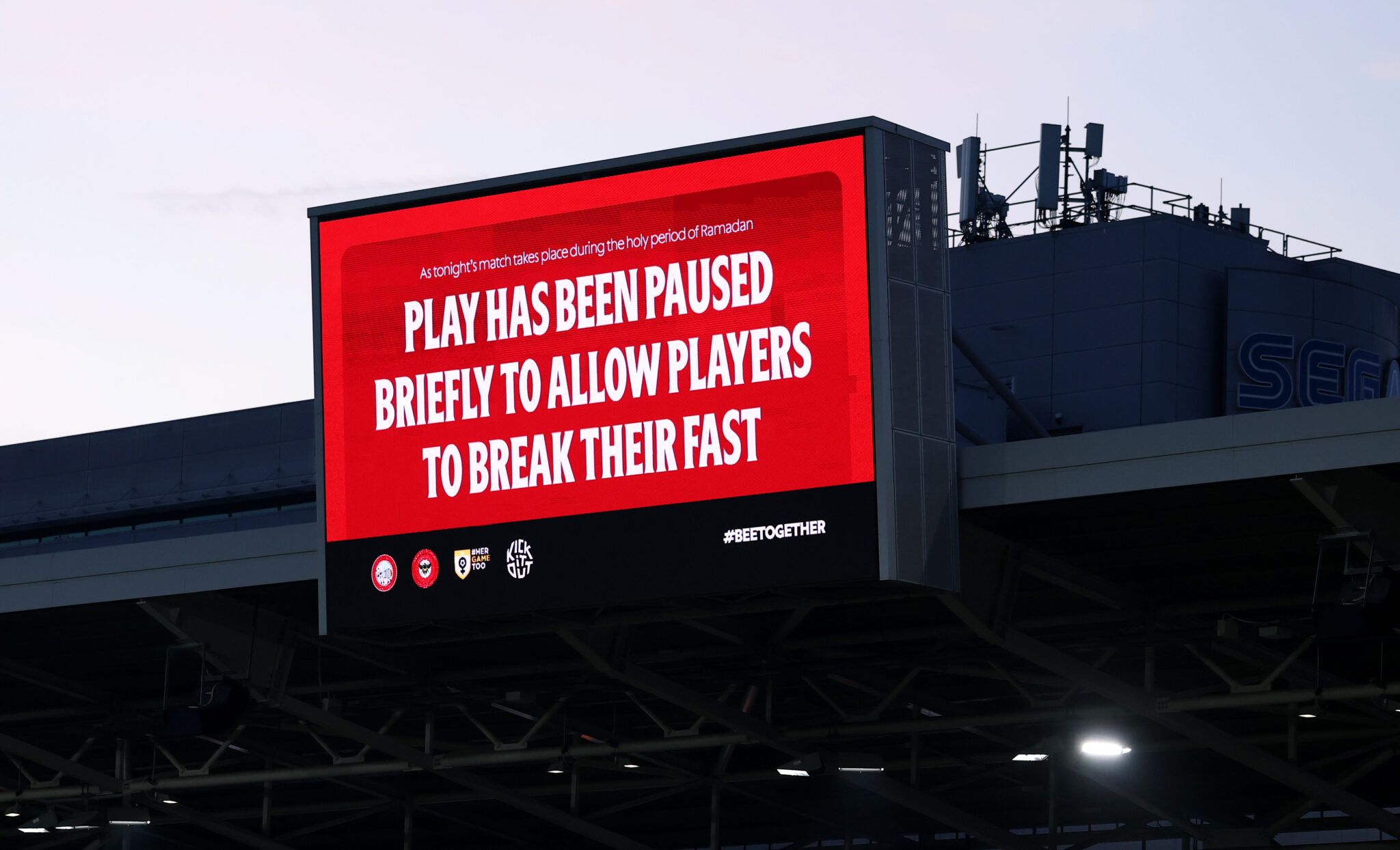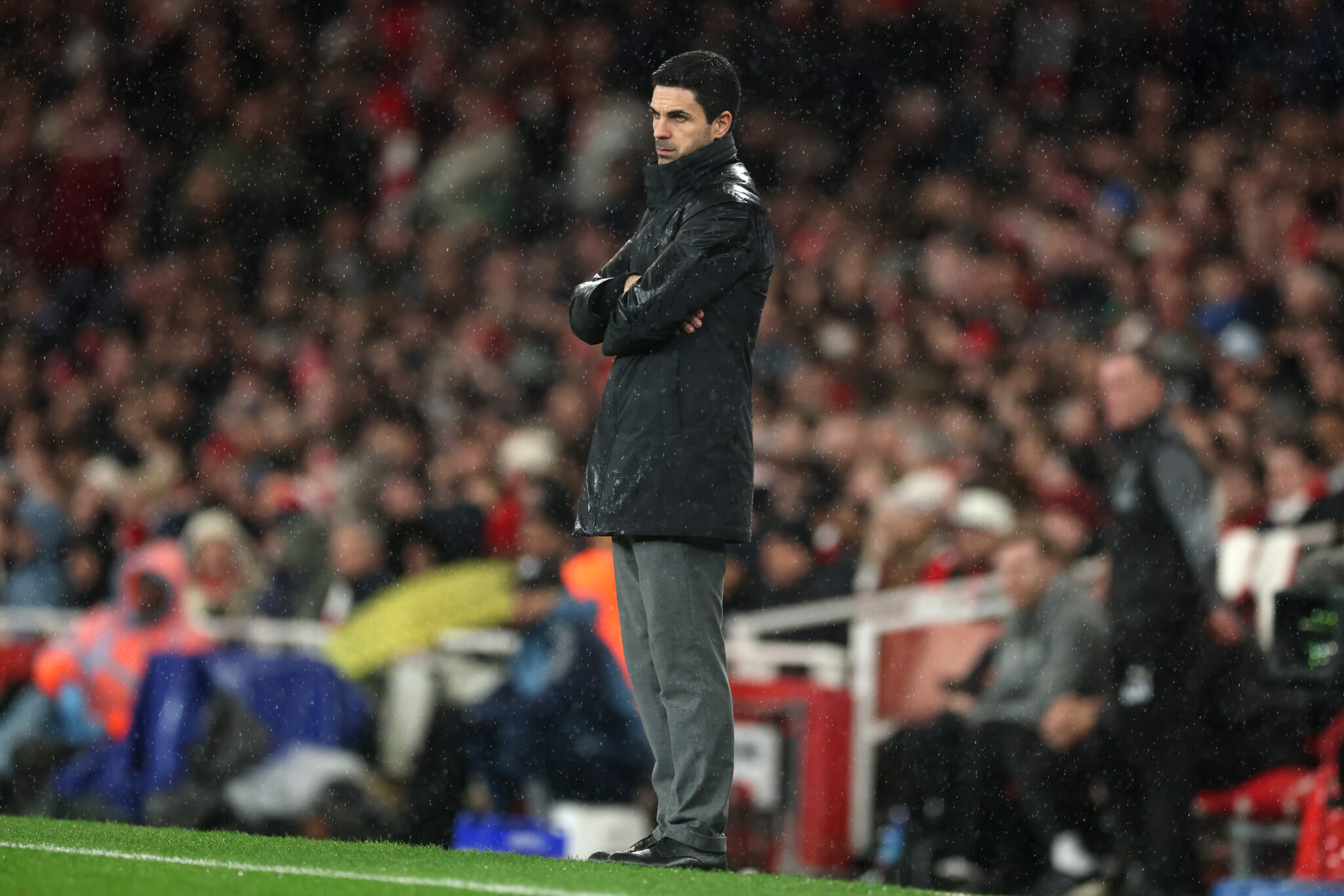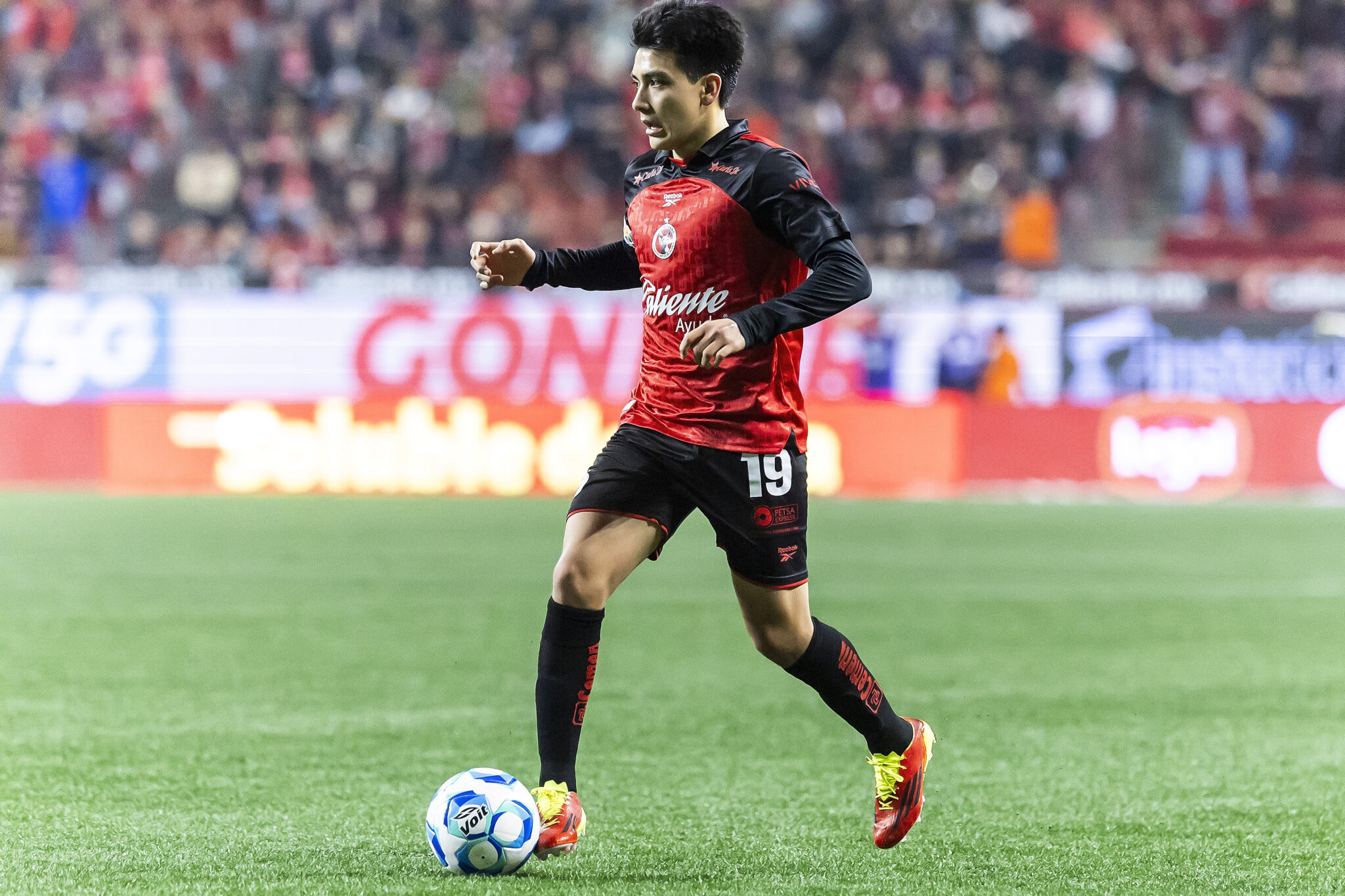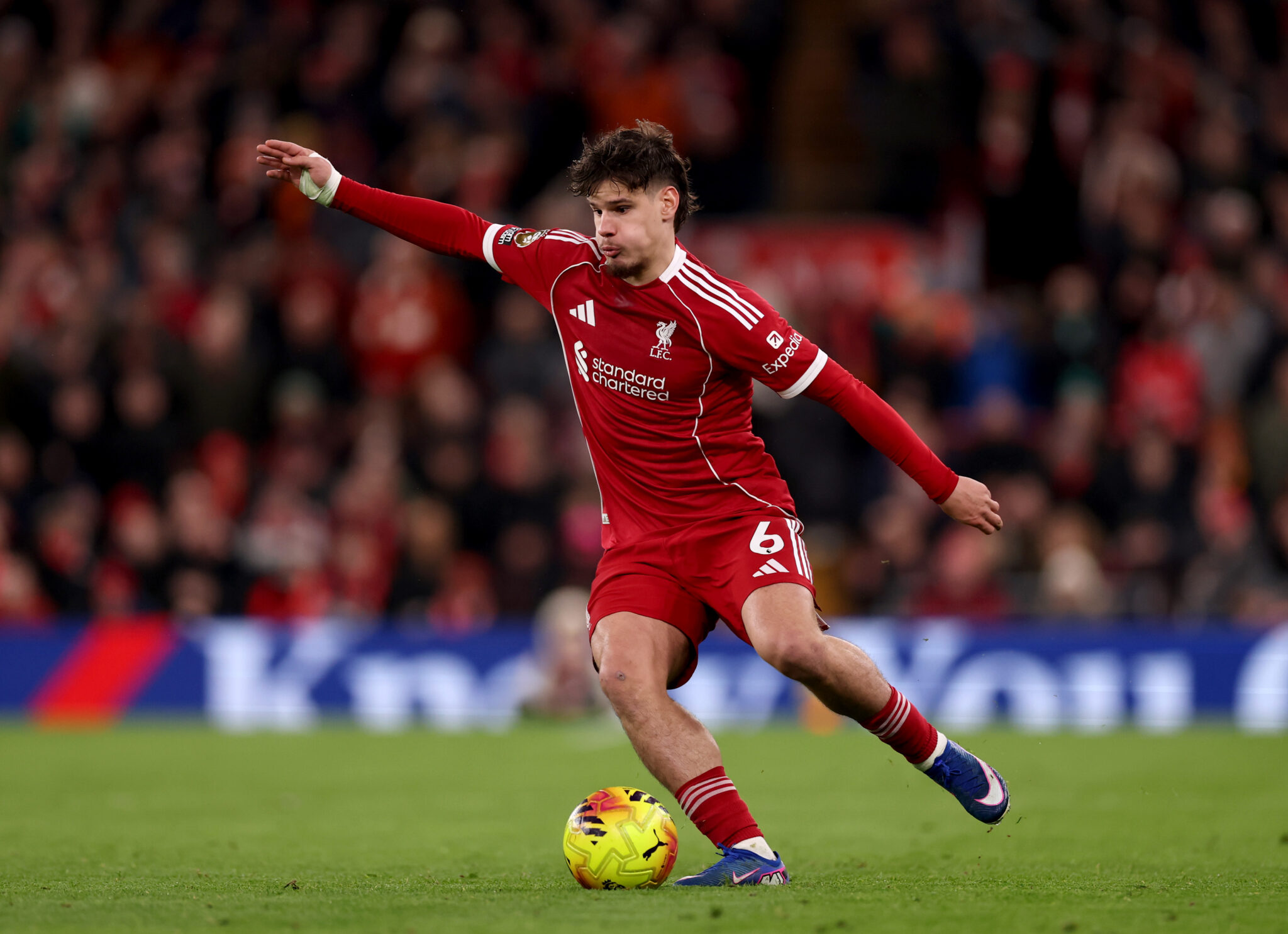The 2025 FIFA Club World Cup introduced a revamped format aimed at expanding opportunities for more teams. However, fans remain puzzled about the new structure, particularly curious about the extra time in the games.
FIFA has reimagined the Club World Cup by introducing a bold new format aimed at modernizing the competition and boosting global interest. Alongside these structural changes, several updated rules have been implemented to make the tournament more dynamic and engaging. One area that continues to generate questions among fans is how extra time will be handled under the revamped system.
The first stage of the Club World Cup consists on a group stage format. During this phase, tied matches result in each team earning one point toward the group standings. In other words, there is no extra time or penalty shootout in the group stage. However, that does not mean extra time is excluded from the entire tournament.
The tone shifts completely in the second phase of the tournament, which adopts a knockout format. Only the top two teams from each group advance to this stage. If a match is tied after 90 minutes, it heads to extra time, two 15-minute halves where both sides push for a winner. If the deadlock remains, the match is settled by a penalty shootout. These rules apply throughout the entire knockout round.
When extra time kicks in at the 2025 Club World Cup?
The 2025 Club World Cup kicks off on June 14 with Inter Miami debuting against Al Ahly. However, extra time will not come into play until the Knockout Stage that begins on June 28. From that point forward, extra time will extend through to the final of the competition on July 13.
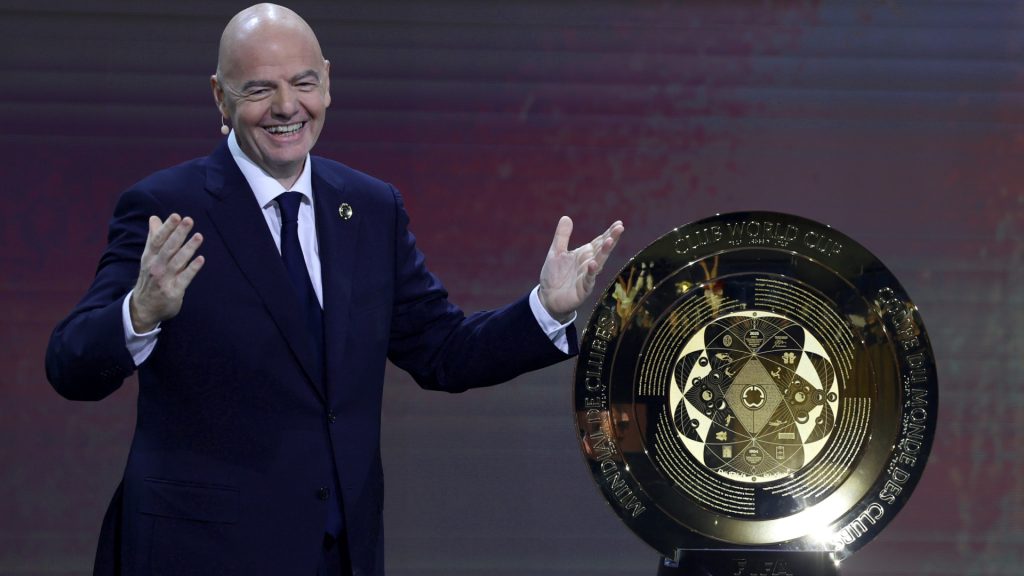
FIFA Club World Cup 2025 to introduce new changes that could shape the future of global soccer
Gianni Infantino, the president of FIFA, leads a mission to redefine soccer. He aims to increase effective playing time and introduce innovations. With this goal, the International Football Association Board (IFAB) approved a new rule. Goalkeepers now have only 8 seconds to release the ball. Otherwise, the opposing team gets a corner kick. This regulation will debut at the professional level during the Club World Cup.
Furthermore, they plan to enhance the viewing experience by introducing a small camera on the referees’ microphones. This allows TV fans to see the game from the referee’s perspective. A private 5G connection will transmit the footage to the production team. They can then integrate these images into the broadcast at select moments. If successful, this test could revolutionize soccer coverage and potentially extend into professional leagues.
From: bolavip.com


